Further Chicago exploring—centering upon State Street—the Gene Siskel Film Center. There is a parking garage right across the street, access from Randolph Street. With a purchased ticket, parking for the day is $20.00. Fun garage with a steep ascending and descending spiraling drive, covering six floors or so. From the exterior, it is hard to notice from the street. It is an excellent downtown location to use as a homespot. Between the two films, I walked north on State Street, passing the Chicago Cathedral, crossing the Chicago River, eating at a fast food chicken joint—awesome lightly-greasy fried chicken and empanadas at the intelligent fast food joint Pollo Campero. They serve their sit-down dinners on high quality ceramic colorful plates. Cheap easy quality eating. The first film of the night was Sick of Myself, Scandinavian, odd sense of humor, distinctly European. Exercising an absurdity and ridiculousness I could not finish in Everything Everywhere All at Once, this film won me over. Busting me out in laughter many times with its relevant biting insight. It pokes fun at self-absorption—narcissism and the needy. Fantasy, dreams, and delusions a perverted way of life. The humor is abrasive yet engaging, daring and willing to carry everything to a pathetic ending. In the final scene the adorable female lead is sprawling upon the ground uttering a pollyannaish mantra amidst her wellness group. Mexican fried chicken and empanadas quickly consumed, I barely made it back in time for the second feature. My last minute arrival forced me to sit in the front row, directly in the middle, a gap of four chairs. Human Flowers of Flesh was preceded by a Film Center employee introducing the director Helena Wittmann, announcing she would be taking questions afterwards. The viewing proved bountiful—meditative still cameras broken by the countable moving shots. Openness and diving in, broad expanses and penetrating—crossing the Mediterranean, a journey with friends, blueish green translucent water, motion unique and odd, curiously following the path of the current French Foreign Legion, before meeting a stern captain in Algiers, a man who juggles eggs before scrambling them. Quieting, the movie is calming, an immersion into pleasant images and imaginative interior interruptions: the microscopic devouring–the invisible and miniscule; water diving the camera–panning from the floating Ida, female lead amidst men, the camera descends deeply into the Mediterranean. Something blurry draws closer and comes into focus. It is a World War II bomber on the bottom of the sea. Another interruption is the blueish over-exposed dream sequence. I was lucky enough to ask Helena about it. She said it took her a year to complete—never sure it would be included in the final cut. She worked closely with her music director in creating a distant other-reality motif. Another interruption is the passionate percussive dance scene, the physicality and altered reality a release for the sojourners. The crew finally lands in Sidi Bel Abbes, the trail of a legionnaire becoming a focal point. The actor is Denis Lavant from Claire Danes Beau Travail, a critically acclaimed remake of the French Foreign Legion take on Herman Melville’s Billy Budd. Helena Wittmann rides only trains when traveling in the states. She speaks wonderful English, a charm to behold. I included an interview with her posted on YouTube.
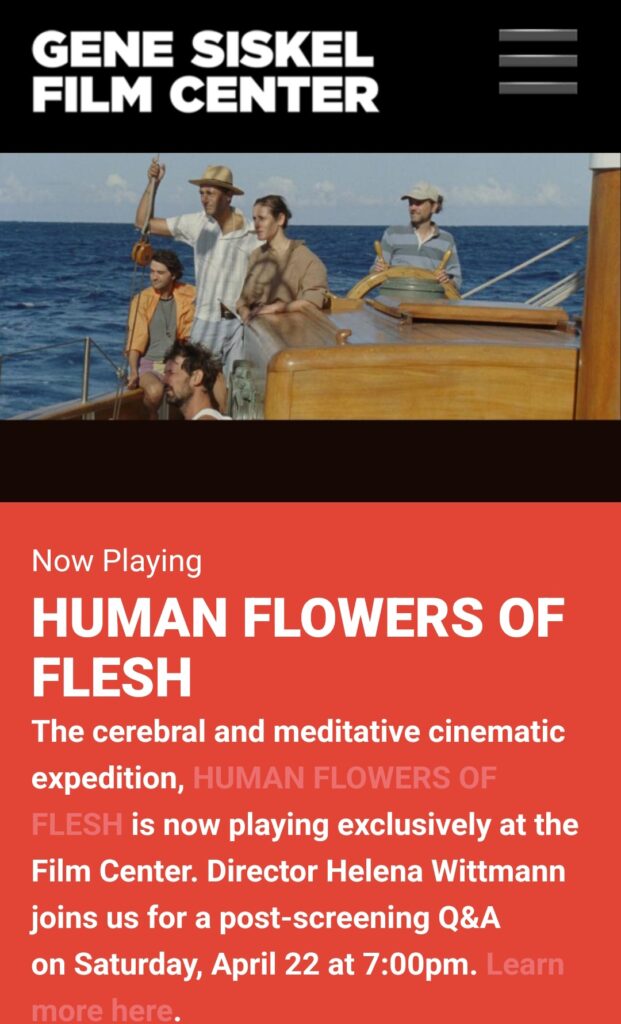
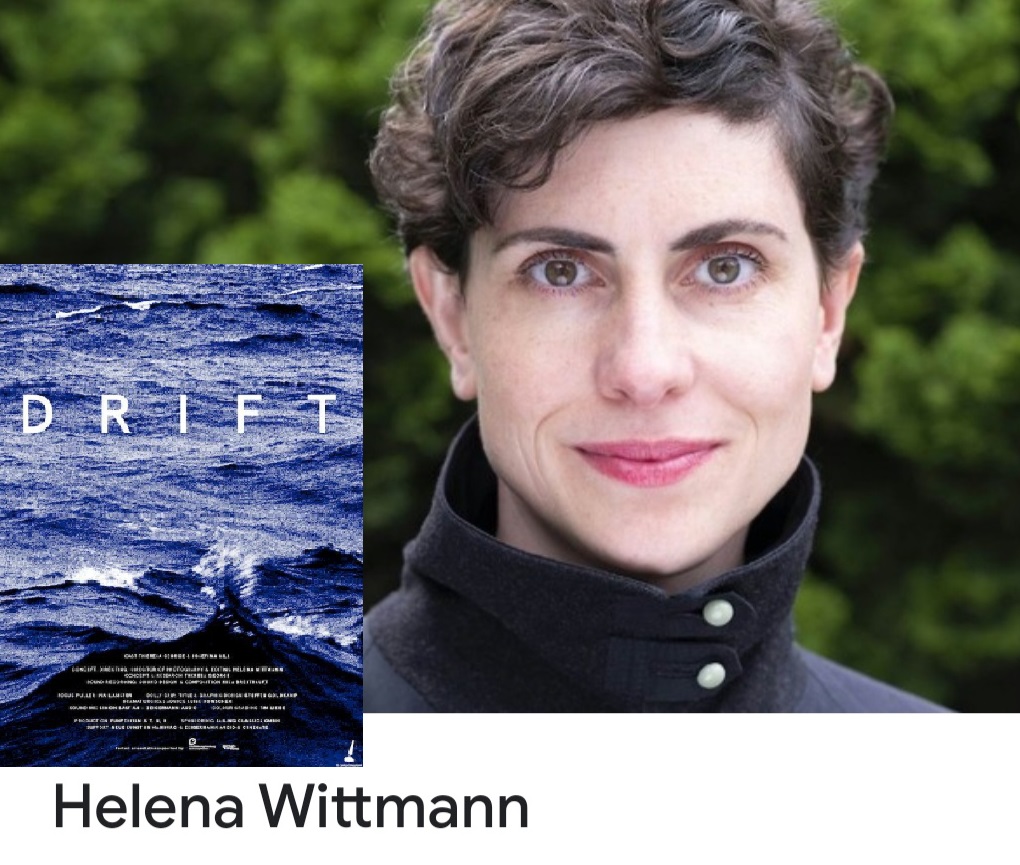
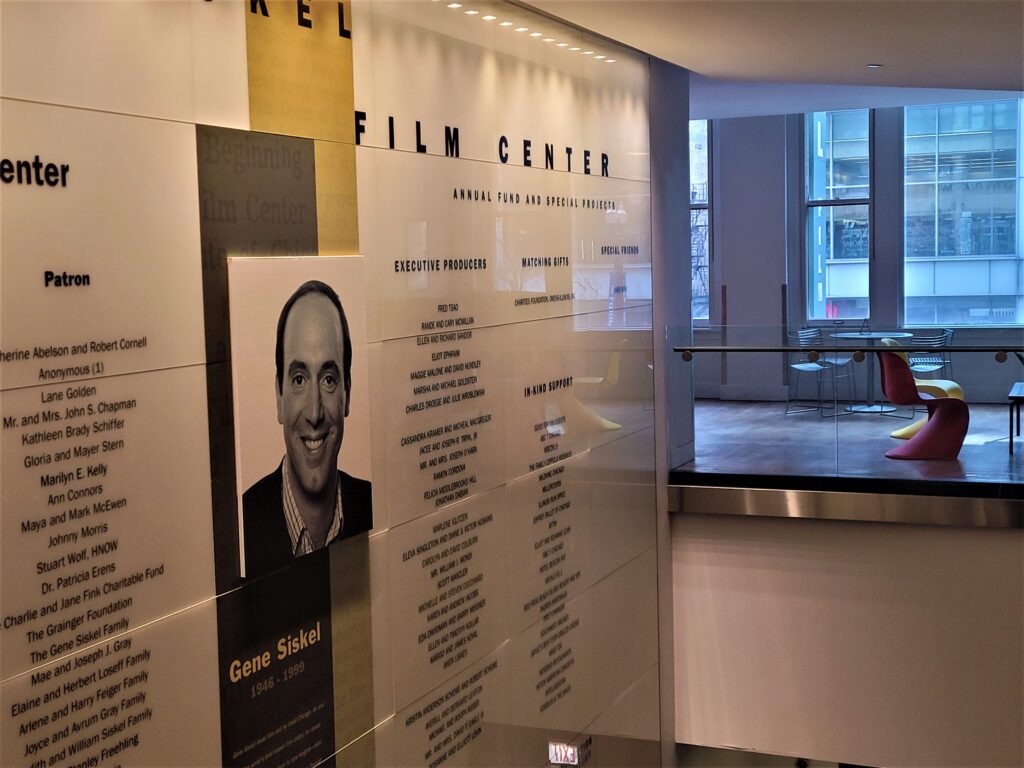
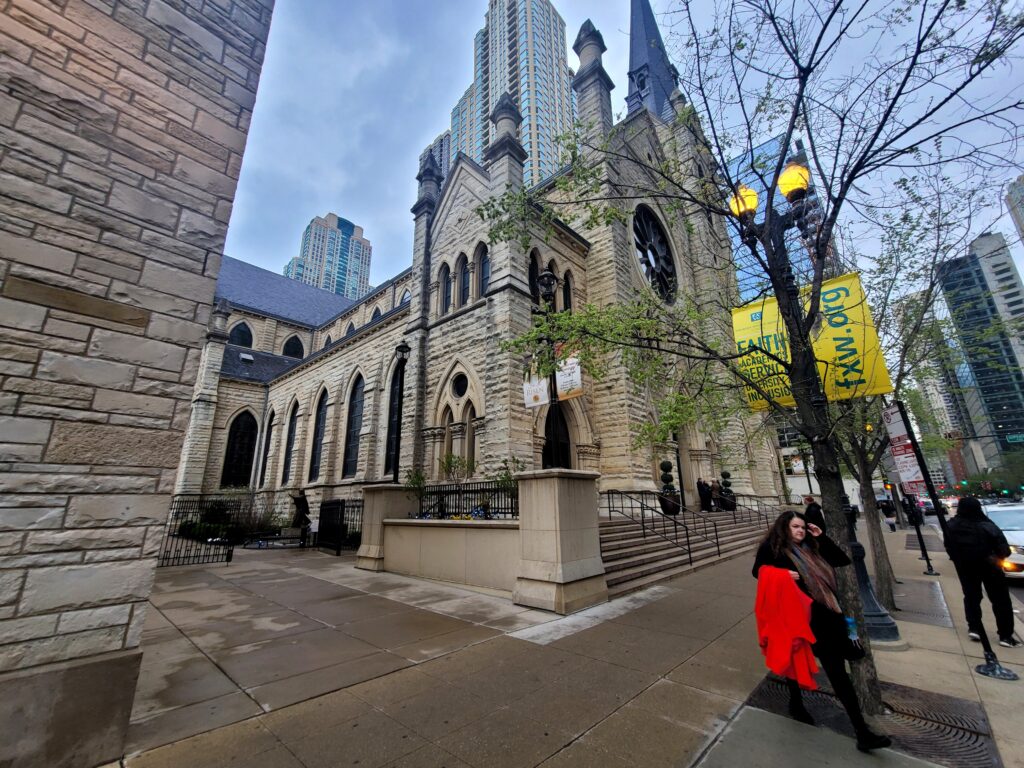
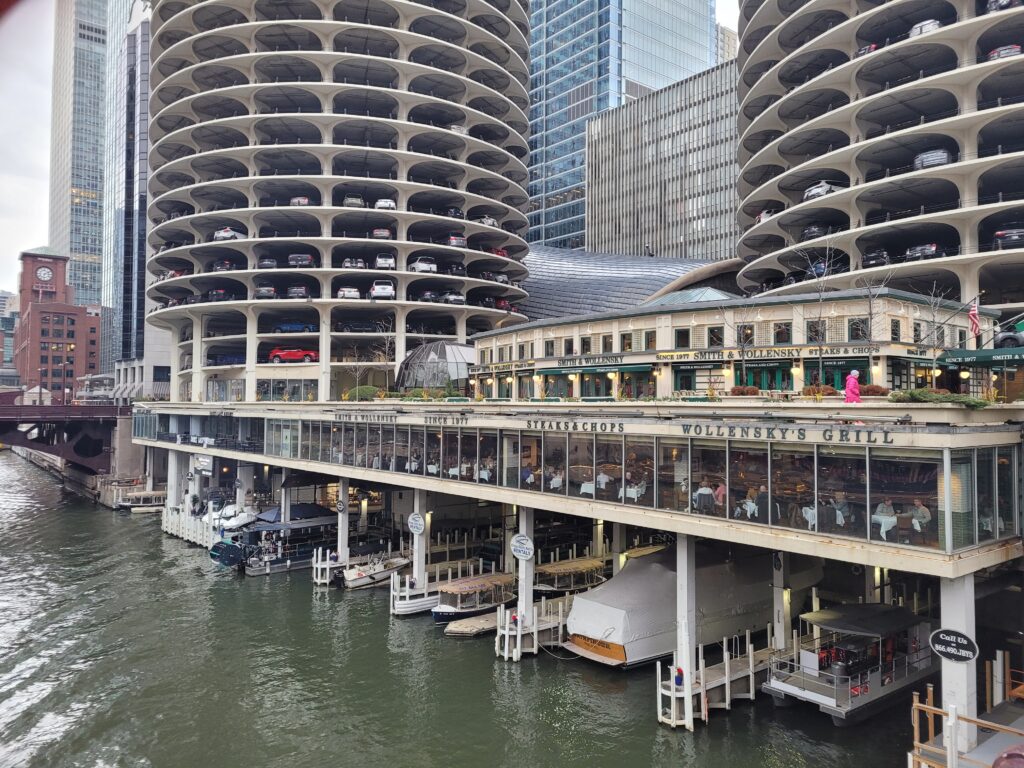
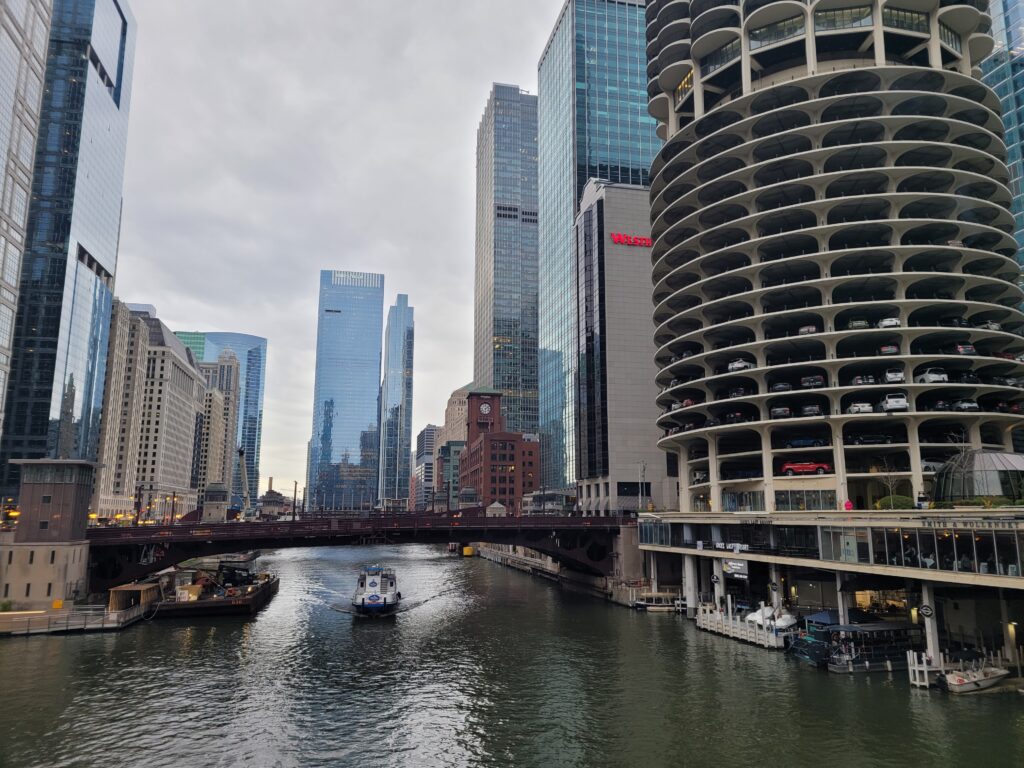
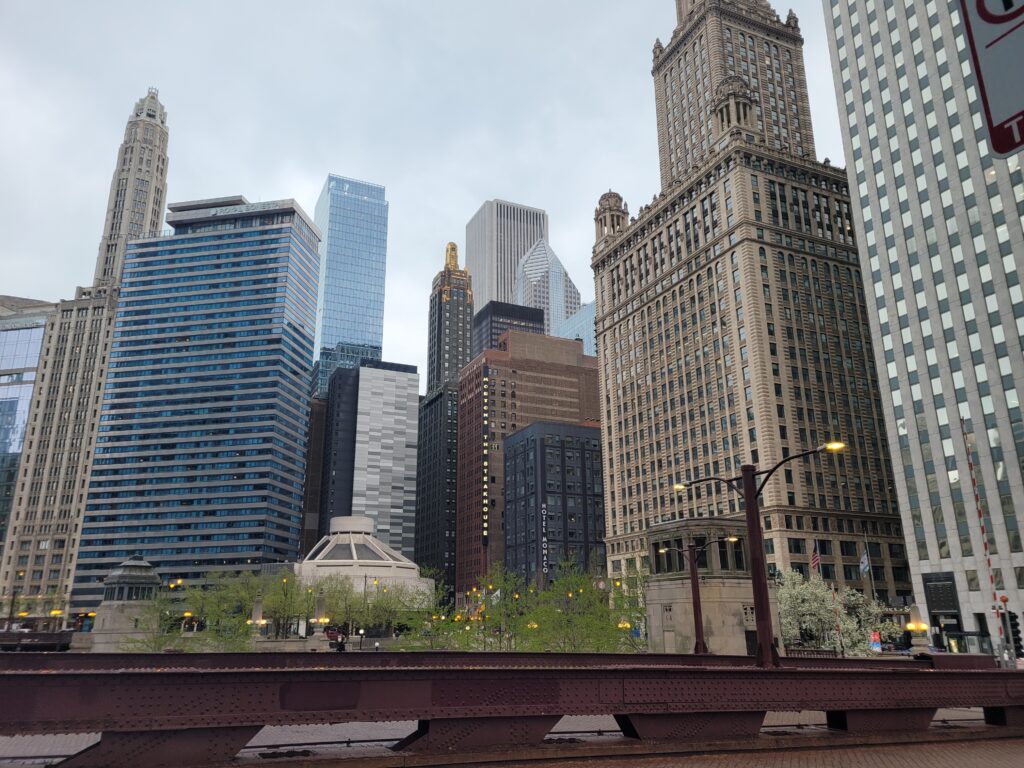
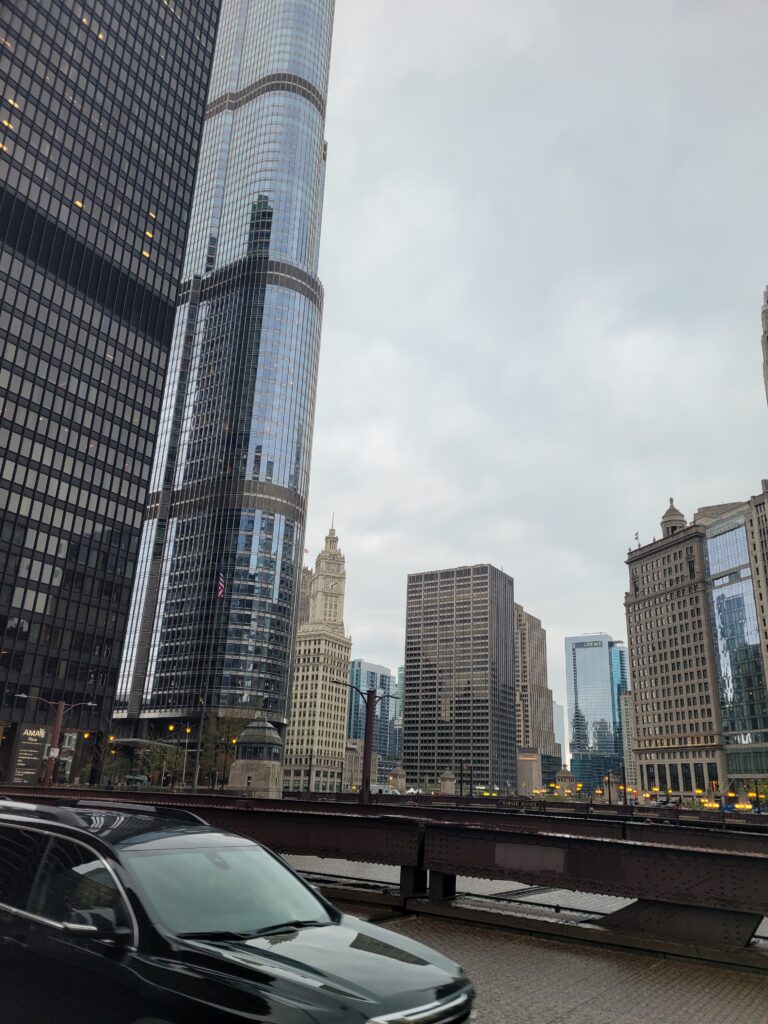
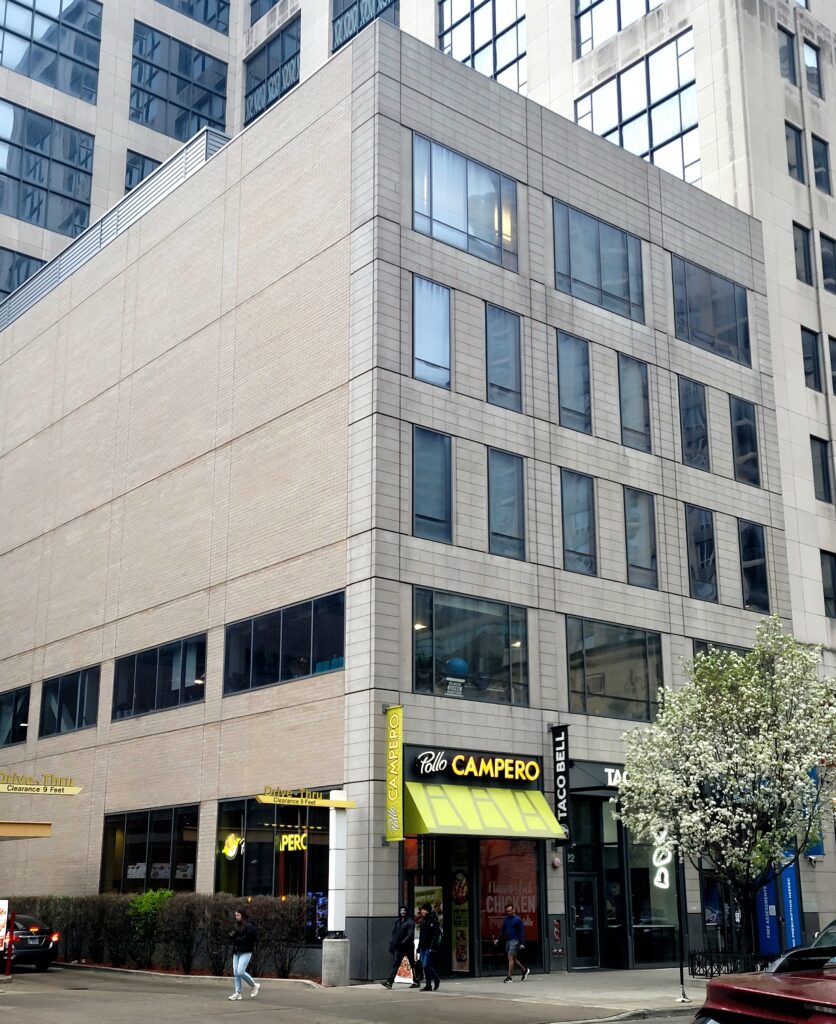
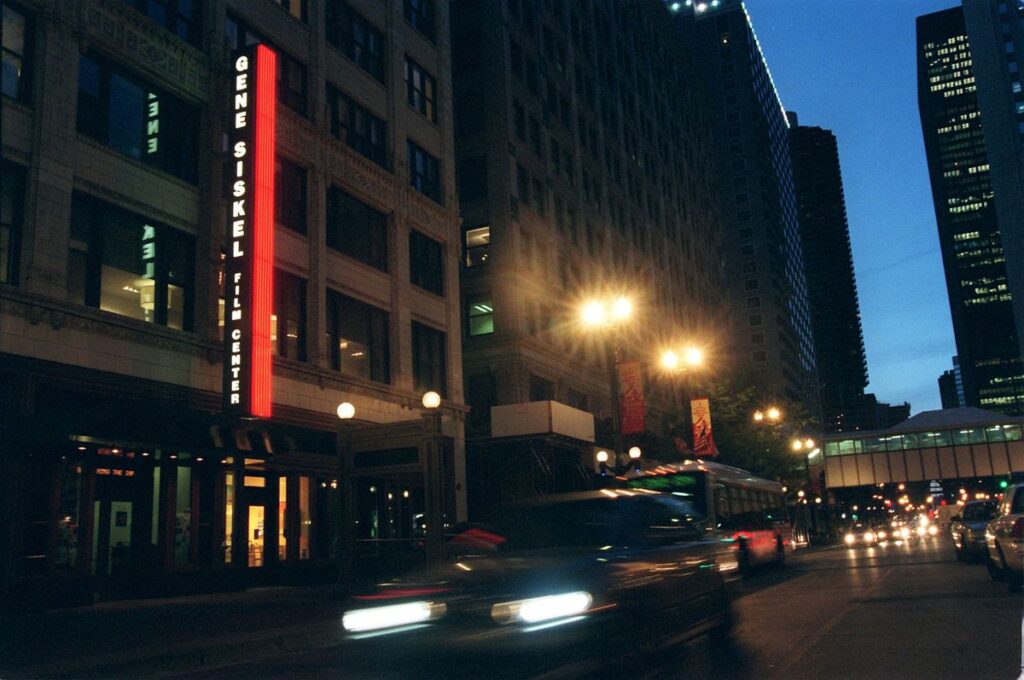
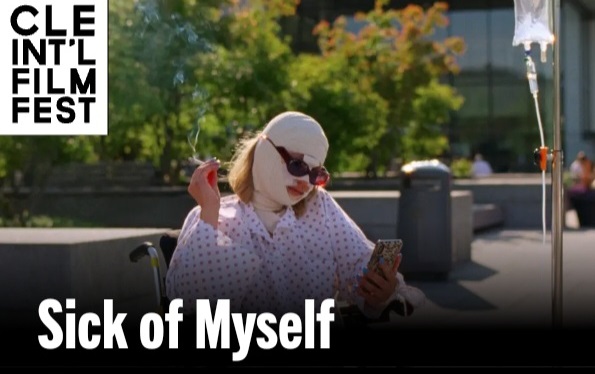


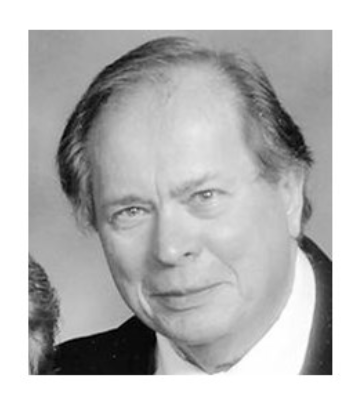
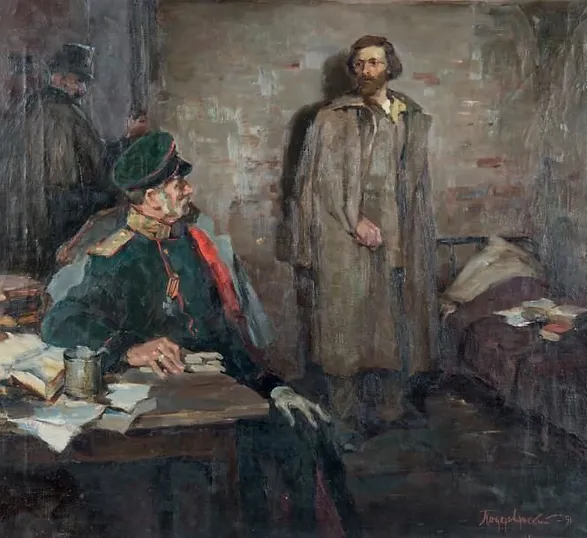
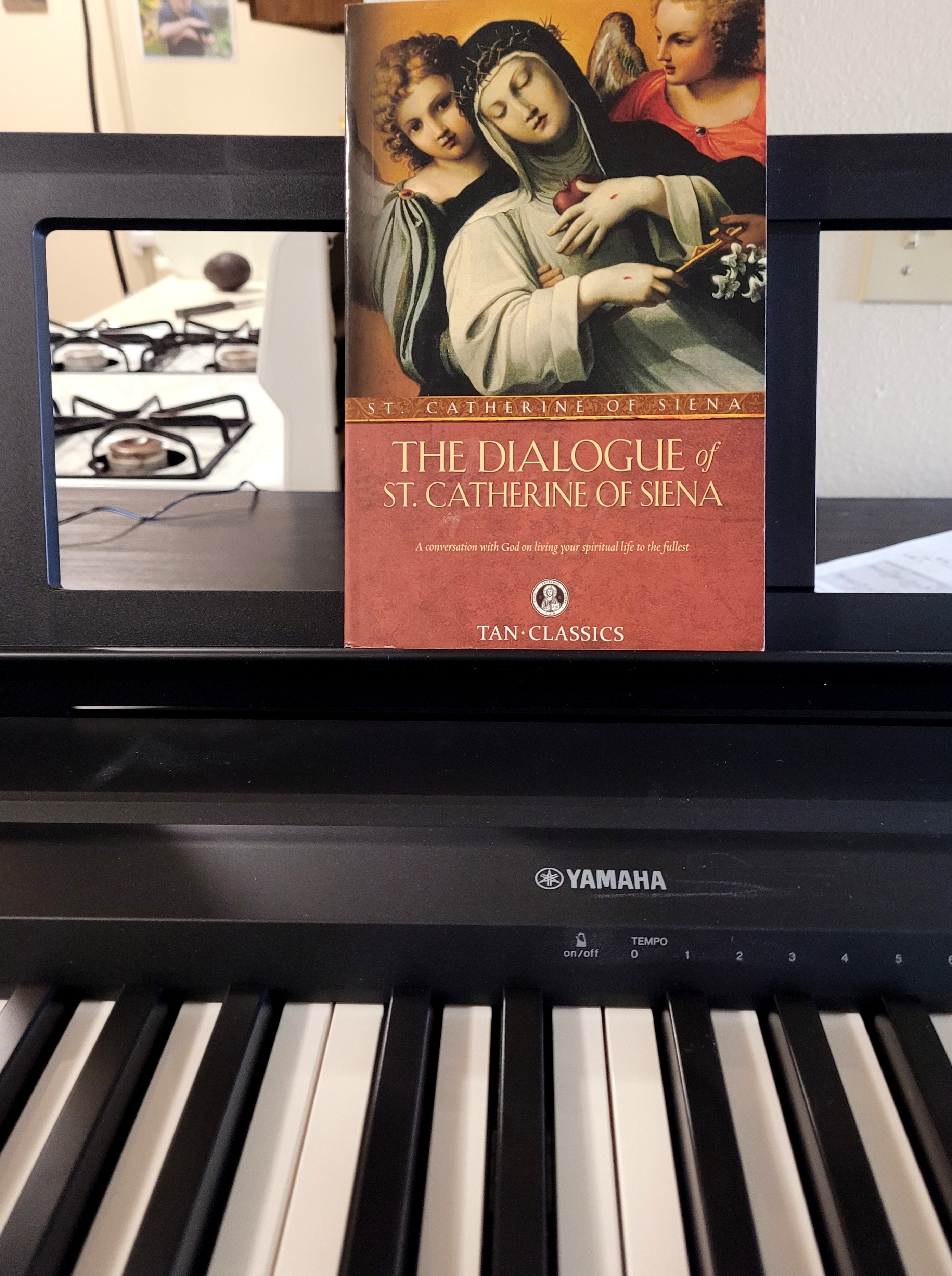
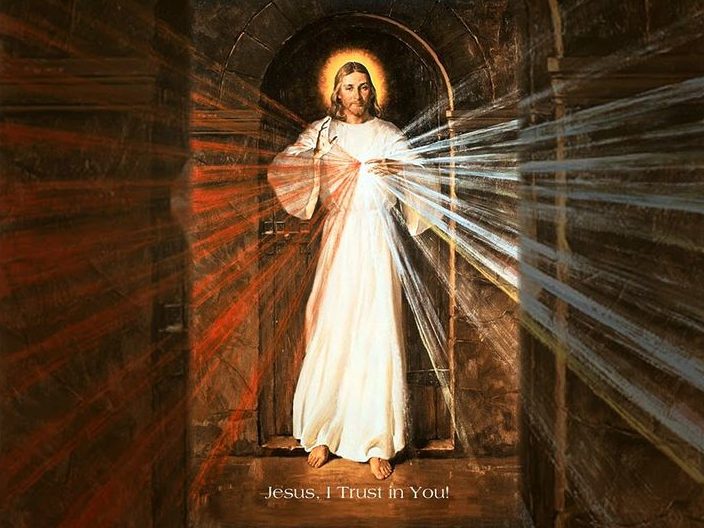
Recent Comments